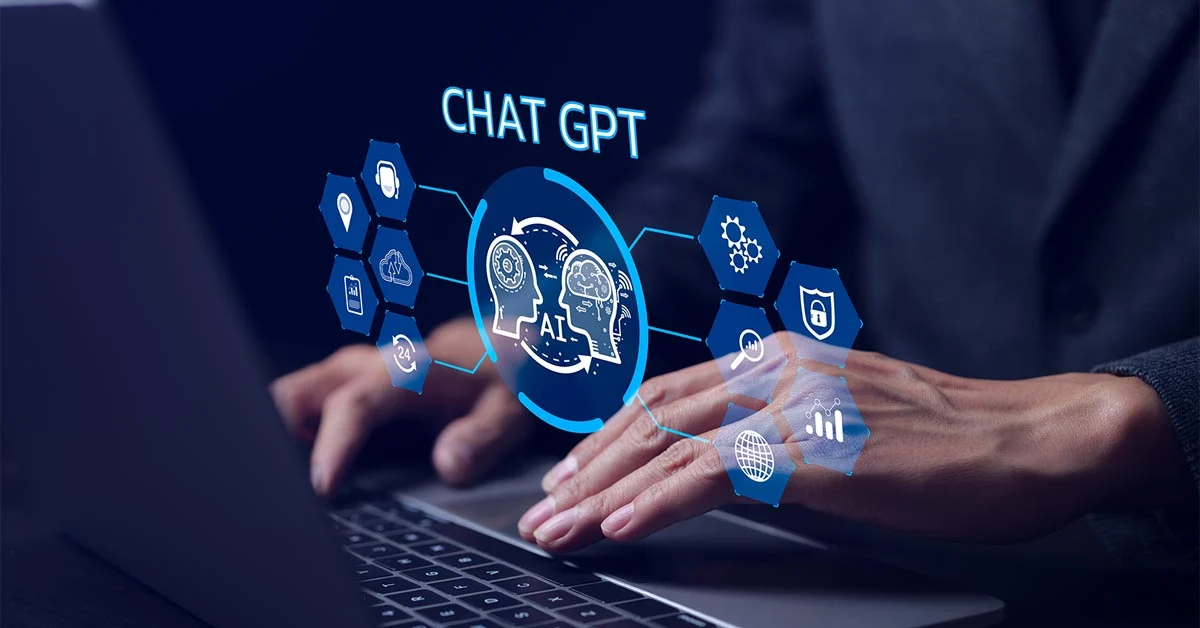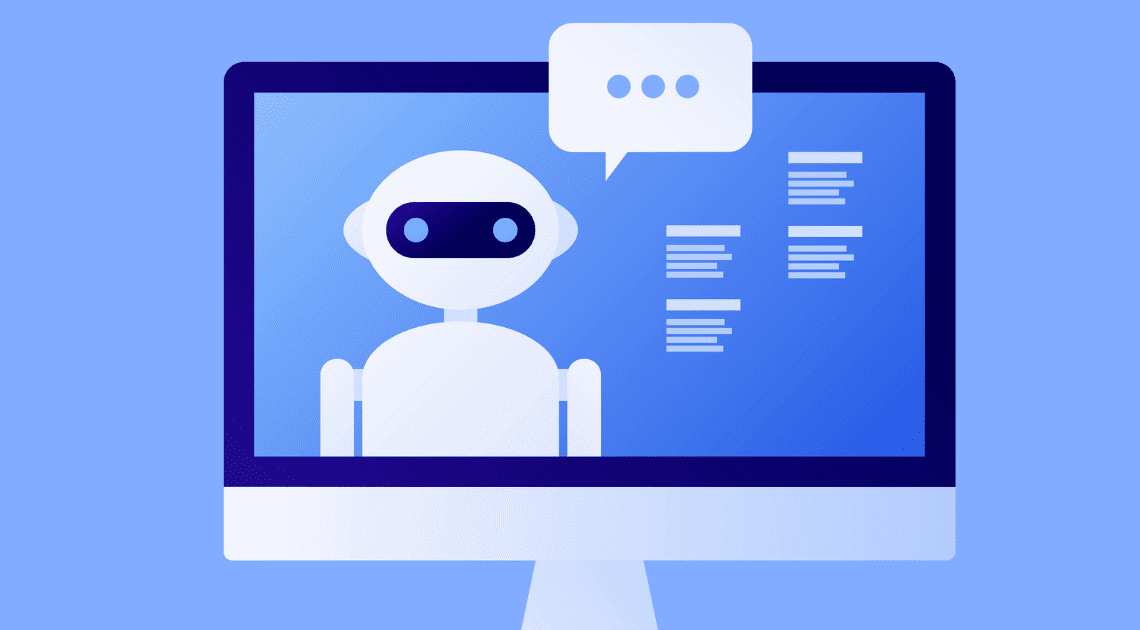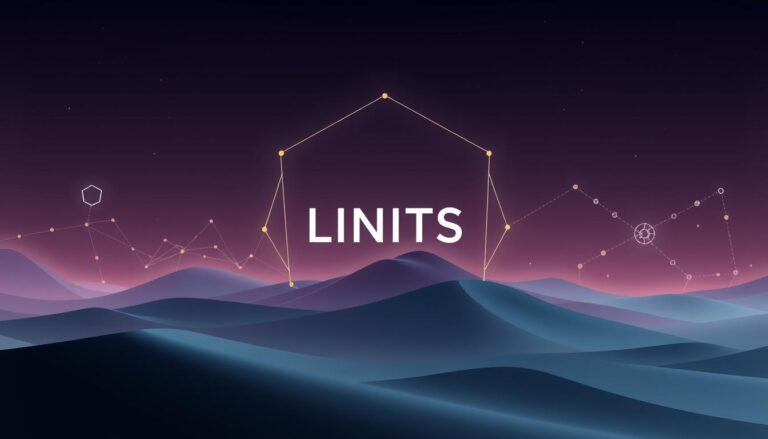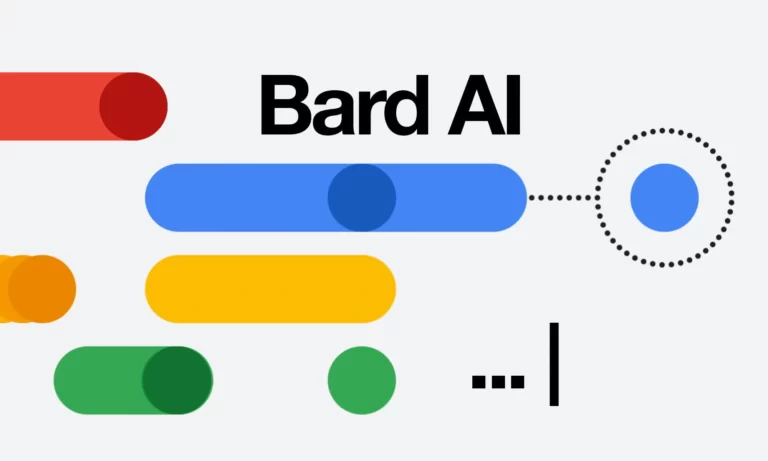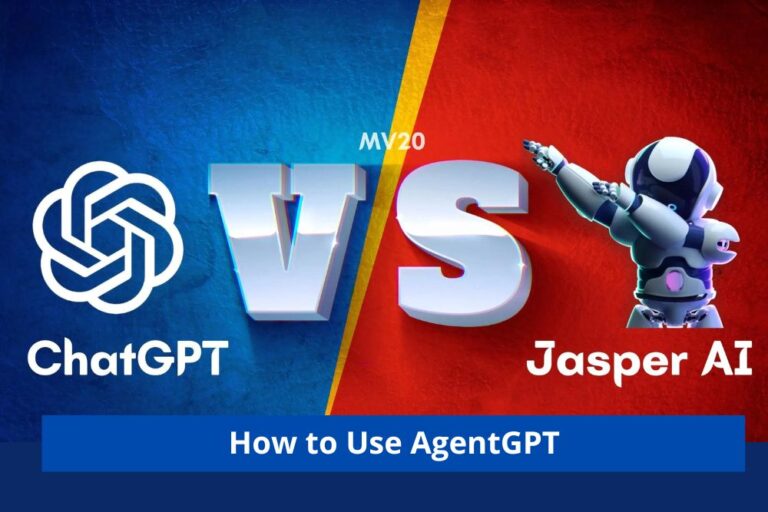How to Use ChatGPT: Tips for Effective Utilization
In a world where instant communication and information access are essential, AI-driven chatbots like ChatGPT have emerged as powerful tools for businesses, educators, and individuals alike. ChatGPT’s ability to generate coherent and contextually relevant responses has made it an invaluable asset for various applications.
Understanding ChatGPT
ChatGPT is an AI model developed by OpenAI. It’s built upon the GPT (Generative Pre-trained Transformer) architecture, making it adept at understanding and generating human-like text based on the input it receives. This neural network model has been fine-tuned to perform exceptionally well in engaging and informative conversations.
Getting Started with ChatGPT
Setting Up Your Account
To get started, visit the official ChatGPT website and sign up for an account. Depending on your usage, you can choose a free or paid plan.
Choosing the Right Plan
Evaluate your needs and choose a plan that suits you best. The free plan offers basic access, while the paid plans provide additional features, including faster response times and more advanced capabilities.
Initiating a Conversation
Starting a New Chat
Once you’re logged in, you can initiate a new chat by clicking on the “Start New Chat” button. This will open up a conversation window where you can interact with the AI.
Choosing a Persona
ChatGPT allows you to choose a persona for the conversation. This helps the AI understand the context and tailor its responses accordingly. Whether you need a professional tone or a creative flair, selecting the right persona enhances the quality of the conversation.
Crafting Effective Prompts
Providing Clear Instructions
When engaging with ChatGPT, provide clear and concise instructions. The AI responds better to well-structured queries, leading to more accurate and relevant answers.
Using Examples and Context
Supplying relevant examples and context within your prompts helps ChatGPT generate responses that align with your expectations. This is particularly useful when you’re seeking detailed information or creative content.
Utilizing ChatGPT’s Capabilities
Generating Text
ChatGPT excels at generating paragraphs, essays, code, and more. Simply describe the type of content you need, and the AI will produce text that matches your specifications.
Answering Questions
Need quick answers? ChatGPT can provide succinct responses to factual questions, making it a valuable resource for research and information gathering.
Creative Writing
Engage ChatGPT in creative writing exercises. From composing stories to generating poetry, the AI’s creative capabilities are limited only by your imagination.
Enhancing Interactions
Using System-level Instructions
You can guide the conversation using system-level instructions. Prefix your prompt with a directive like “Translate the following text into French:” to steer ChatGPT’s output.
Steering the Conversation
If ChatGPT goes off-topic, gently steer it back by rephrasing your query or providing additional context. This ensures the conversation remains focused.
Best Practices for Productivity
Structuring Complex Queries
For intricate requests, break down your query into smaller parts. This helps ChatGPT better understand your requirements and provide more accurate responses.
Refining Output
ChatGPT’s responses can be refined by specifying the desired tone, style, or format. Experiment with different instructions to achieve the desired outcome.
Ethical Considerations
Recognizing AI-Generated Content
When using ChatGPT’s outputs, it’s important to disclose that the content is AI-generated. This promotes transparency and maintains ethical communication.
Avoiding Misinformation
While ChatGPT strives to provide accurate information, it’s essential to cross-reference critical facts from reliable sources, especially for important decisions.
Applications Across Industries
Content Creation
Writers can use ChatGPT to overcome writer’s block, generate ideas, and draft content. The AI’s suggestions can spark creativity and streamline the writing process.
Customer Support
Businesses can deploy ChatGPT for handling customer queries and providing instant support, enhancing customer satisfaction and engagement.
Learning and Education
Educators can leverage ChatGPT to explain complex concepts, generate practice questions, and offer personalized learning experiences to students.
The Future of Chatbots
Advancements in AI
As AI technology evolves, ChatGPT is expected to become even more sophisticated, with improved contextual understanding and enhanced conversational abilities.
Potential Challenges and Solutions
AI-powered chatbots might face challenges such as biased responses or misinterpretation of prompts. Ongoing research and development aim to address these issues.
Conclusion
In a world where communication and information are paramount, ChatGPT offers a revolutionary way to interact with AI. Its versatility, creativity, and efficiency make it an indispensable tool across industries. By understanding its capabilities and applying best practices, you can unlock the true potential of ChatGPT for your personal and professional endeavors.
FAQs
- Is ChatGPT’s content suitable for direct publication? While ChatGPT can provide useful content, it’s recommended to review and edit the generated text before publication to ensure accuracy and coherence.
- Can I integrate ChatGPT into my own applications? Yes, OpenAI provides APIs that allow developers to integrate ChatGPT into their applications, expanding its functionality.
- How does ChatGPT handle sensitive information? ChatGPT is designed to respect user privacy. However, it’s advisable to avoid sharing confidential or sensitive data during interactions.
- What happens if ChatGPT generates incorrect information? AI models like ChatGPT are not infallible. It’s wise to verify critical information from reliable sources, especially for important decisions.
- Will using ChatGPT replace human interaction? While ChatGPT is proficient in generating text, it doesn’t replace the depth of human interaction. It can complement human efforts but not fully replace them.
